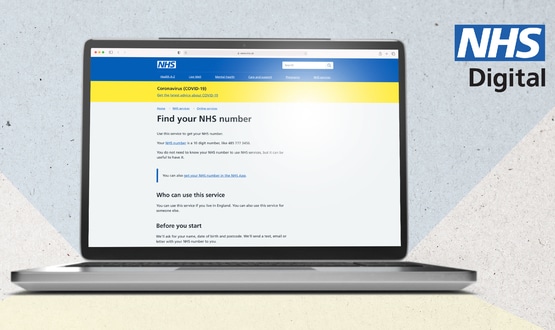HSCIC discusses Care Bill info challenge
- 22 January 2014

The Care Bill will bring several informatics challenges, including higher data standards and increased use of the NHS Number, according to a Health and Social Care Information Centre board paper.
The bill, which was introduced in May last year, is intended to make a number of legal changes to support the government’s reforms of social care, which include more integrated working and its widely publicised cap on lifetime costs.
A second section of the bill introduces the legal changes required to enact the government’s response to Robert Francis QC’s second report on Mid Staffordshire NHS Foundation Trust.
These include the introduction of ‘Ofsted-style’ ratings to the NHS and the plan to make it a ‘criminal offence for providers to supply or publish false or misleading information.’
The paper, which was presented to the HSCIC board meeting last week, focuses on the care aspects of the bill and says that delivering more integrated care will require action “from across the whole informatics agenda.”
There will be a stronger focus on sharing information across providers, which will “require more extensive use of information standards, including the NHS Number,” it says.
“Technology has a key role to play, including making greater use of open APIs [application programming interfaces] and making better use of the existing infrastructure – what is available, how it might support social care, what barriers might need to be overcome, for example, to access the Spine, or to enable local authorities to use NHSmail, or to align the network infrastructure.”
The paper also says the bill, which is due to enter its committee stage in the House of Commons this month, will enable patient information to be shared more freely across care settings, including those run by organisations that do not, at the moment, provide data to national bodies.
“This will require a systematic approach to the new architecture, and must address the needs of independent and private sector providers, social enterprises and voluntary and community services,” says the paper.
“The stronger focus on integrated care will require robust information governance arrangements, supporting the sharing of information and the portability of records across organisational boundaries.”
It adds that local authorities have already begun reporting concerns about implementing recommendations from the Caldicott 2 report; the outcome of Dame Fiona Caldicott’s second review of information governance, which both recommended more information sharing in the interest of patients and new safeguards on it.
The DH has asked the HSCIC to support the department’s scoping work of how this will pan out.
The Care Bill is dubbed as the “next big thing” in social care and will be the most comprehensive reform of social care in 60 years. Over the next 18 months, up to 30 pieces of secondary legislations is expected to be developed.




